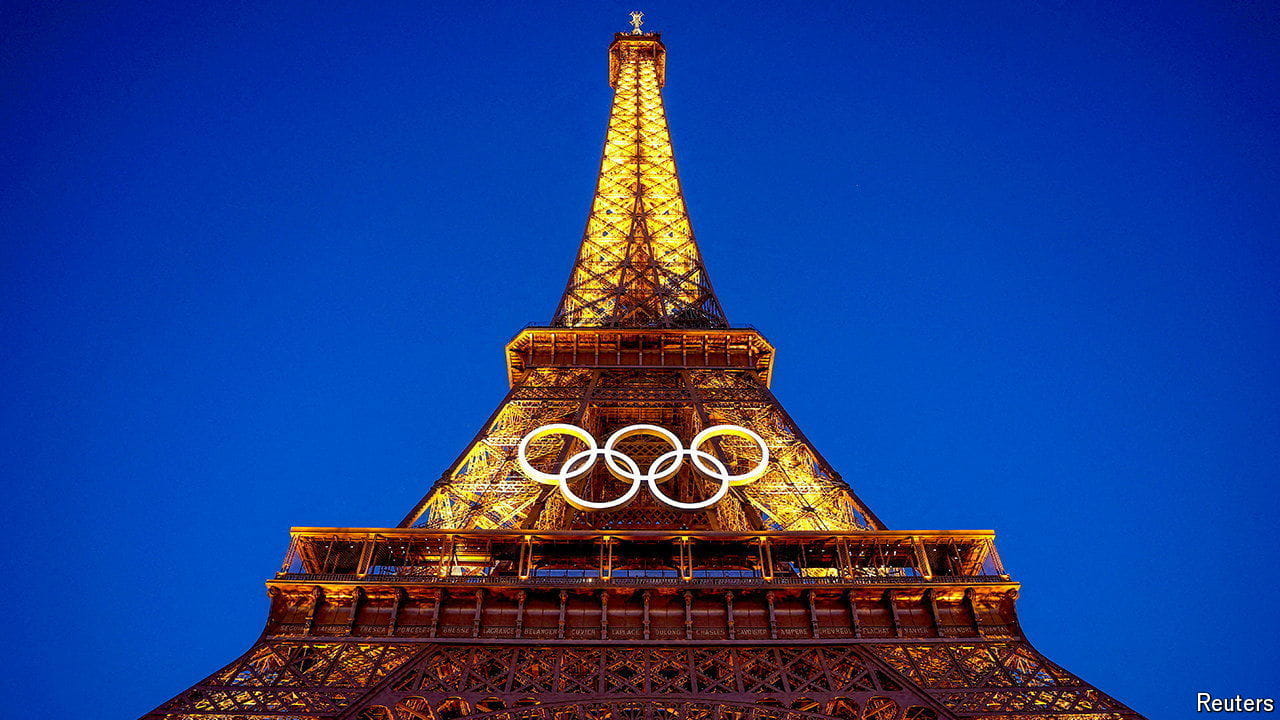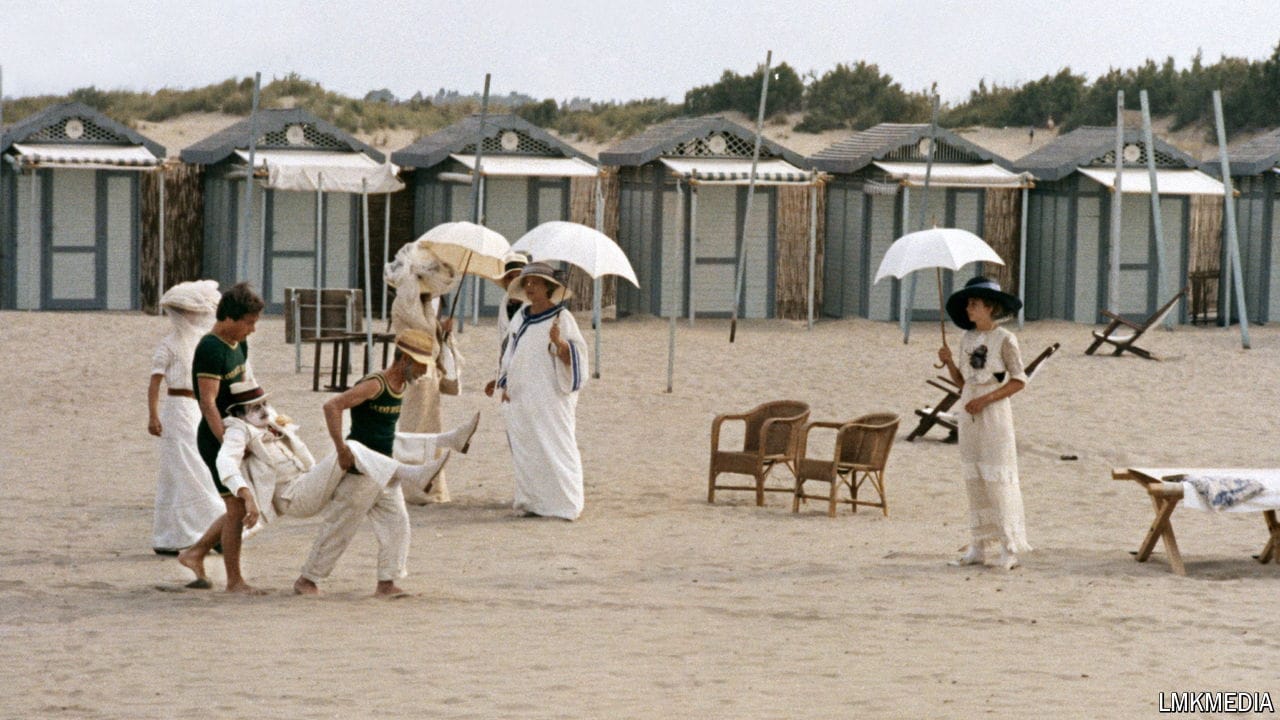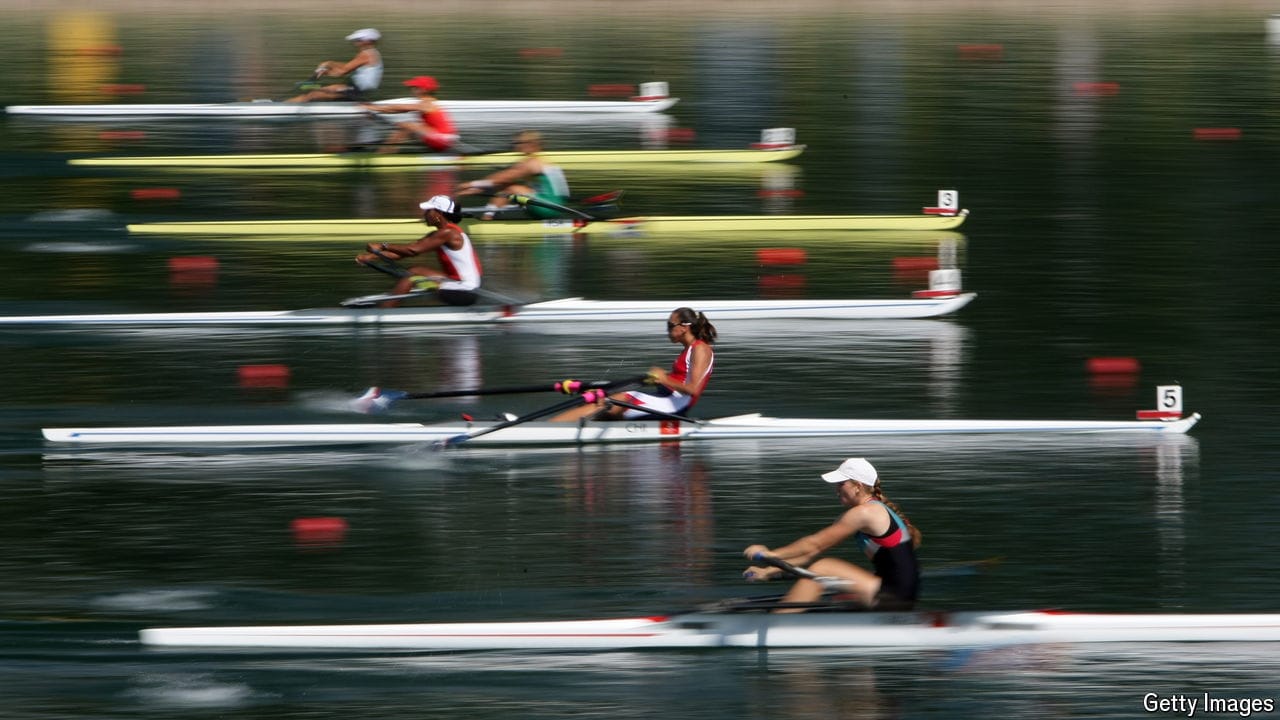Five books about Iraq, a cradle of civilisation and catastrophe
What to read to understand the country’s recent history—and its ancient beginnings

ALTHOUGH IT IS beginning to recover, Iraq is still suffering from the wars of the past decades. In 2023 about 45 people a month died violently, according to Iraq Body Count, a Britain-based monitor. This is much lower than the toll at the height of the civil war that followed the American-led invasion of the country in 2003. In the fighting between Shia Muslims, who make up the majority of Iraq’s population, and Sunnis, who until then had ruled the country, the number of violent deaths averaged 80 a day. That trauma is evident in much of Iraq’s recent literature. Corpses have a leading role in the three Iraqi novels we recommend below. Yet the country is also heir to a great cultural legacy. Mesopotamia, the land between the Tigris and Euphrates rivers, is where the first cities appeared some 5,000 years ago, which is why modern-day Iraq is popularly regarded as the “cradle of civilisation”. Here are five books that explain the country’s origins and its recent history.
More from The Economist reads

The romance and reality of Paris, the Olympics’ host
Five non-fiction books about a city that is both gilded and gritty

Novels set on holiday
Some of these fictional holidays aren’t fun, but they might enhance yours

Five books on the glories and flaws of the Olympics
The games fall short of their ideals, but they’re still worth watching
The best and worst memoirs by British prime ministers
There are plenty of duds, but a few gems
Books (and films) about the joy and pain of music festivals
From Bethel to the Bahamas
Six enjoyable books about football
An eclectic selection covering the beautiful game and why it matters